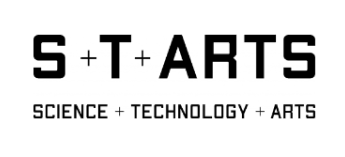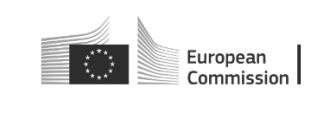
ABOUT
MUSAE is a Horizon Europe project pioneering a new approach to digital transformation by integrating Design Futures and Art Thinking to help businesses innovate with emerging technologies. By bridging art, design, and technology, MUSAE empowers SMEs, mid-caps, and public sector organizations across the EU to envision future scenarios and create cutting-edge solutions, to accelerate the digital and green transformation.
At its core, MUSAE is driven by a Planet-Centered Factory Model, designed to guide digital innovation in the food domain, enhancing human well-being and sustainable impact. As part of the S+T+ARTS ecosystem, MUSAE fosters art-tech collaborations that unlock new market opportunities and future-driven innovations.

MUSAE DESIGN FUTURES ART-DRIVEN METHOD
MUSAE introduces the Design Futures Art-Driven (DFA) Method, an innovative framework combining Design Futures and Art Thinking to shape the next generation of digital solutions and enhance trust and acceptance of technology in society.
This method helps:
- Explore future challenges by identifying emerging trends and technological opportunities.
- Envision solutions that blend creativity, technology, and sustainability.
- Empower artists, technologists, and SMEs to co-create people-planet-centred, future-ready innovations.
This structured approach transforms future concepts into tangible prototypes, ensuring organizations stay ahead of digital evolution.
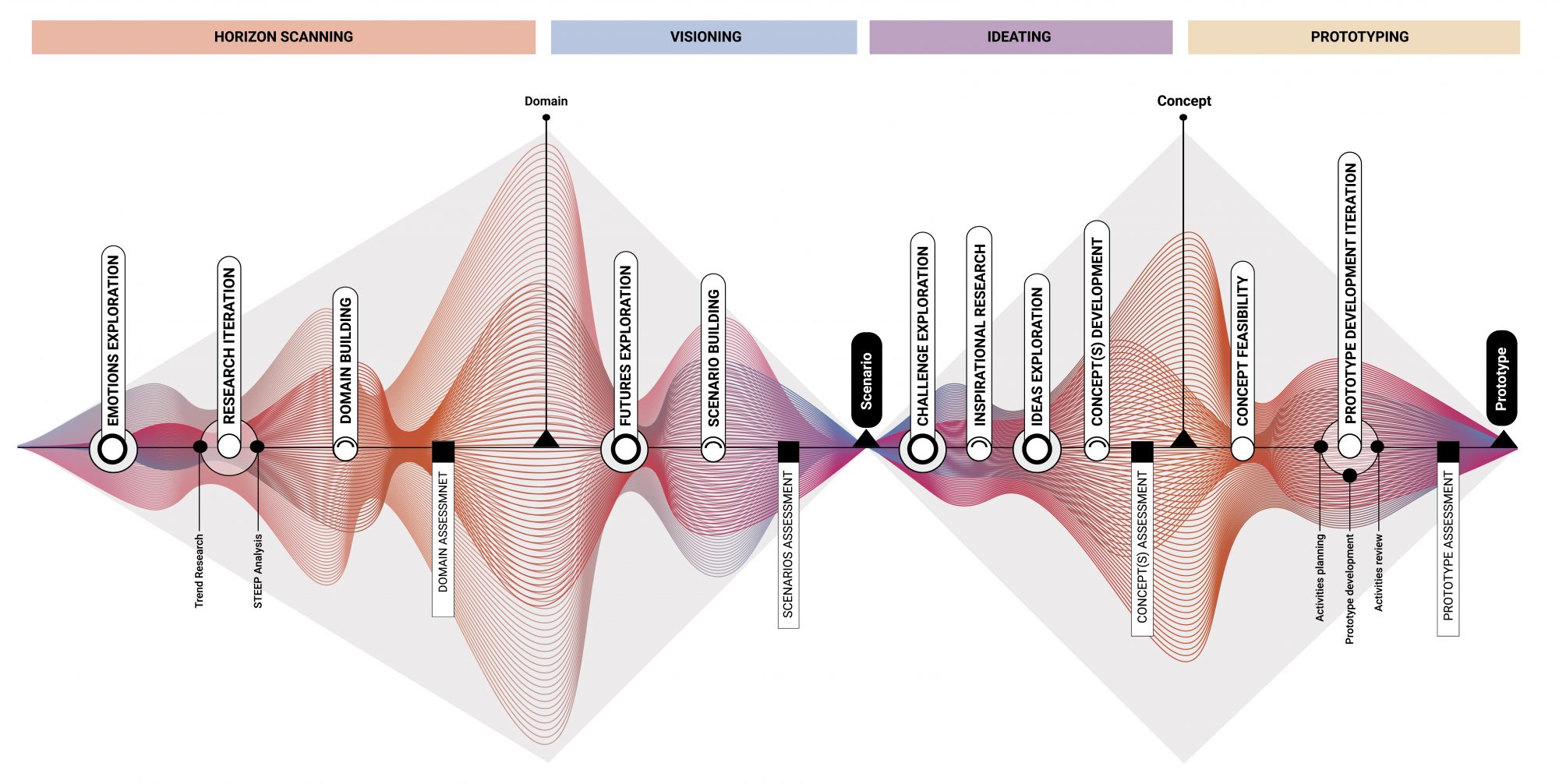
MUSAE FACTORY MODEL
The Factory Model Pack is the core actionable outcome of MUSAE, a structured and scalable framework designed to empower (European) Digital Innovation Hubs (EDIHs) to support SMEs and startups through art-tech collaboration. It provides everything a (E)DIH needs to facilitate innovation by integrating artists and technology providers into structured collaboration. With this pack, (E)DIHs can seamlessly implement the MUSAE methodology, fostering creativity-driven digital transformation. By adopting the Factory Model Pack, DIHs gain a ready-to-use innovation framework that enables them to launch and sustain high-impact residencies, supporting businesses in creating future-driven, sustainable solutions.
What’s Inside the Factory Model Pack?
- DFA Method – A structured process with tools and guidelines for applying the DFA method for artists and SMEs
- Open call and Residency formats – Step-by-step guidelines to set up, manage, and facilitate residencies where artists and SMEs co-create future-driven solutions.
- Training & Mentoring Programs – Practical support guidelines to equip artists, SMEs, and tech providers with the knowledge and skills needed for innovation.
- DFA projects use cases – Real-world examples from the “Food as Medicine” theme, demonstrating how the method creates impactful innovations.
- Integrated Stakeholder Network – A growing database of technology providers, artists, nutrition experts, and universities in design, art, and science to connect (E) DIHs with key collaborators. [Join the network here.]
- Factory Model label – A certification for (E)DIHs that adopt the Factory Model and align with MUSAE’s vision and the S+T+ARTS ecosystem.
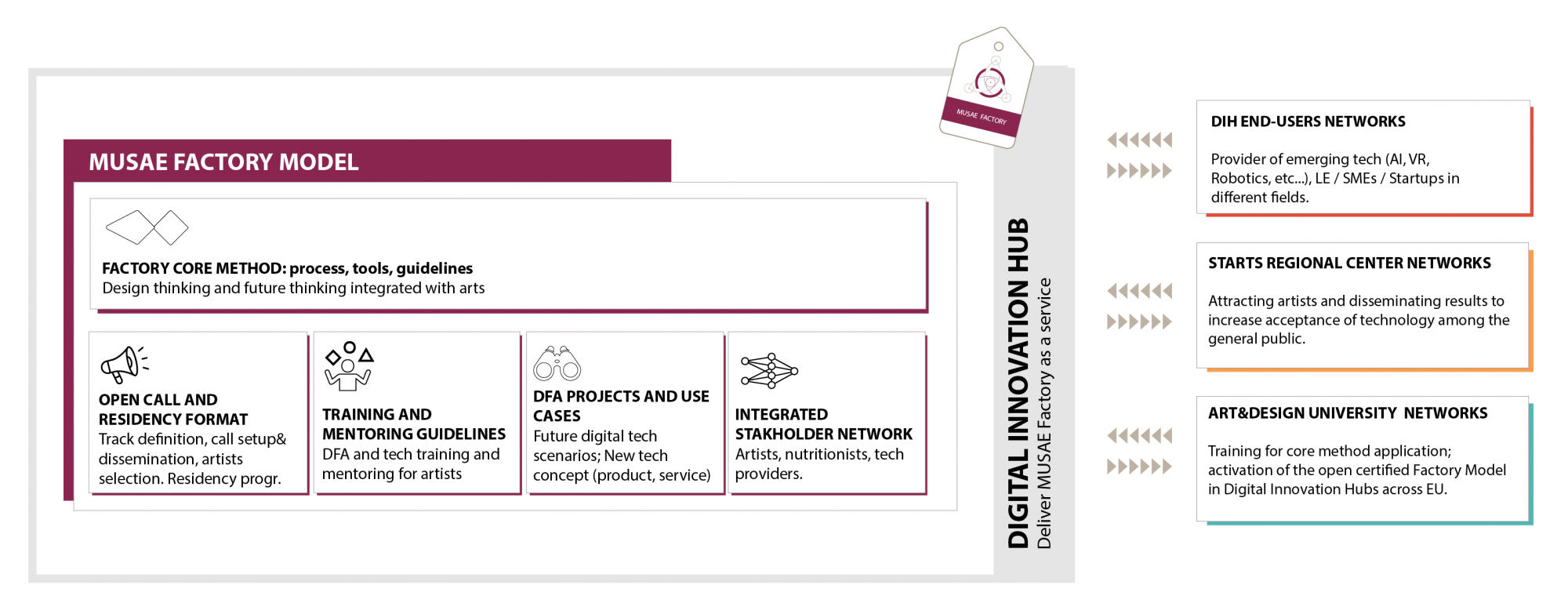
MUSAE ART-TECH RESIDENCIES
At the core of the MUSAE project, two art-tech residencies guided artists in envisioning future food scenarios and artists and SMEs developing innovative concepts and prototypes. These residencies served as a testing ground for the Factory Model, integrating the DFA method, as well as Training, Mentoring, and Residency formats.
Key Highlights:
- 23 artists and 11 SMEs engaged in real-world innovation challenges.
- Focus on Artificial Intelligence, Wearables, and Robotics.
- Development of future-driven prototypes and market-ready innovations.
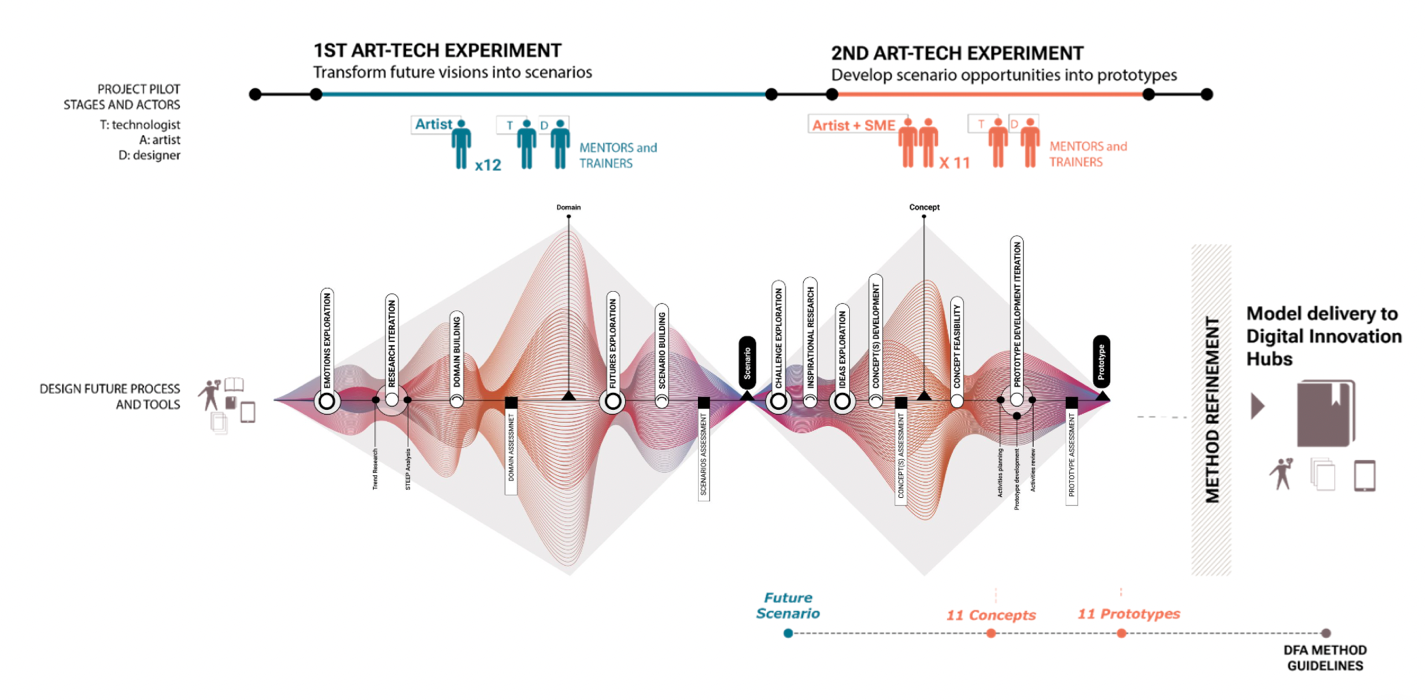
MUSAE THEME: FOOD AS MEDICINE
MUSAE focuses on Food as Medicine, recognizing the deep connection between food, health, and sustainability. With the Farm to Fork Strategy at the heart of the European Green Deal, the project explores how digital technologies can revolutionize nutrition and promote well-being. Adopting a holistic perspective, it considers health as the interconnection between human and environmental well-being, emphasizing the planet’s health as essential to individuals’ physical, mental, and emotional well-being. A sustainable food chain optimizes both human health and environmental sustainability, as food consumption impacts well-being not only through what people eat but also how, where, and within what cultural context.
MUSAE project has defined three thematic tracks, which were used to develop future scenarios and TRL5 prototypes:
- Reducing Carbon Footprint in Dietary Behavior: How can we switch to more sustainable diets while meeting our nutrient requirements? How can we produce foods with lower carbon footprints? Are new meat alternatives healthy?
- Role of Food in Holistic Human Well-Being: How can we increase whole grains, fruits, and vegetables while decreasing salt intake? How can we enable people to make healthy food choices? Can we develop personalized approaches to enable people to make healthier choices? How can we develop new and innovative approaches to communicate the benefits of food?
- Rethinking The Food Chain in Our Environment: Can we develop new innovations to reduce food waste? Can short supply chains play a role? What innovations are needed to support food security for all?
MUSAE ADVISORY BOARD
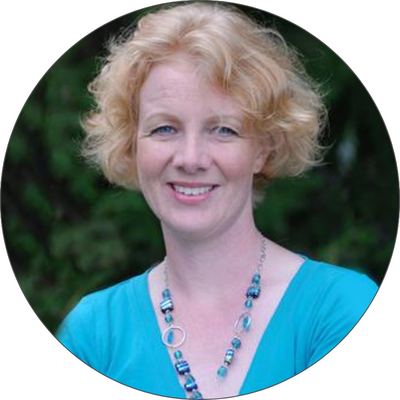
Baukje de Roos is an internationally recognised nutrition scientist having >25 years of experience in the design and delivery of dietary intervention studies to assess how nutrients, foods and diets affect cardiovascular health outcomes and resilience to disease development. Earlier leading work in the field of proteomics and biomarker discovery led to funding for several European research projects, a BBSRC Case studentship and an invitation to join an International Life Sciences Institute (ILSI) task force to establish the usefulness of proteomics for efficacy demonstration of dietary bioactives. Current work focusses on developing and implementing novel and state-of-the-art interdisciplinary precision and personalised nutrition approaches to improve population and individual health, as well as identifying responders and non-responders to interventions, supported by RCUK and industry funding as well as several international research collaborations. Her Scottish Government RESAS-funded work focusses on exploratory modelling of relationships between ‘healthiness’, ‘carbon footprint’, ‘level of processing’ and ‘cost’ of UK diets to identify the most important potential food switches in real-time UK diets, work which is now being developed into a ‘foodswap’ app. Her expertise in the area of diet and health has formed the basis of contracts and consultancies with large food companies (Unilever, By-Health, Stephan Nutrition, Cognis, MacPhie of Glenbervie, Provexis, Kelloggs), food levy boards (Seafish), the food and drink support sector (Food and Drink Innovation Service, Scotland Food & Drink), and national UK television (Channel 4’s Food Hospital and Superfoods series). Baum and Leahy’s proposal
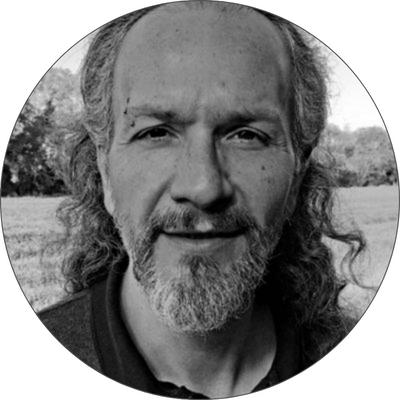
Born in Mexico City, Mexico in 1968. Lives and works in Barcelona, Catalonia. An interactive communication artist and researcher, Pares’ work is characterized by the poetic and critical experimentation with digital technologies, and has been presented and exhibited in festivals, art centers, and museums in Europe, the Americas, and Asia.Parés holds a PhD in Audiovisual Communication and a degree in Fine Arts. He is a Professor and Researcher in the Communication Department at the Pompeu Fabra University, and his research projects have been published by the British Computer Society, Academic Press, FECYT, Macba, and MIT Press, amongst others. He has launched pioneer platforms in electronic art, such as Galeria Virtual (1993-2000), dedicated to the development of virtual reality as an art form; Macba En Línea (1995-1997), a pioneer platform for net.art; and M.A.L. (2011-2013), an art lab with smartphones. From 2010 to 2015, he was co-director of the Master’s in Digital Arts at UPF. His commitment to an interdisciplinary culture, which he defends for its anti-dogmatic potential and for its civilizing power, has led him to explore the intersections between art, science, technology, and society.
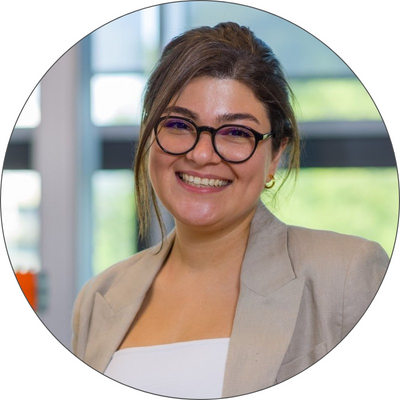
Dr. Maya Aghaei is a researcher lecturer at NHL Stenden University of Applied Sciences, at the Computer Vision and Data Science professorship. There she is responsible for supervising and mentoring Minor and Master students. Prior to that, she worked as a Postdoctoral Researcher at the Italian Institute of Technology, focusing on the development of comprehensive AI solutions for various large industries. Maya has Computer Software background and holds a M.Sc. in Artificial Intelligence and a Ph.D. in Computer Vision from University of Barcelona. She has solid research skills in the field of Applied Computer Vision, Machine Learning and General AI. Her research interest is to tackle novel and classical challenges in applying cutting-edge AI techniques to solve real world problems.

Epaminondas Christophilopoulos holds the UNESCO Chair on Futures Research hosted by the Institute of Technology and Research and is Chief Scientific Advisor to the Special Secretariat for Strategic Foresight, under the Presidency of the Greek Government. He is a scholar of the Onassis Foundation and holds a PhD in strategic prospecting, while his academic profile also includes studies in Physics, Environment, and International Relations. He initially worked in the field of technology transfer and support of international research cooperation, coordinating numerous projects in Europe, Latin America, Asia and, mainly, China, where he spent significant time in the last 10 years, designing initiatives aimed at the enhancement of the technological cooperation between the European Union and China. As of 2010, he has been focusing on future studies and research, with recent projects including the development of scenarios for the future of China’s innovation ecosystem in 2030, as well as the Future of Work and Technology towards 2050. Moreover, his interests include the development of serious games for strategic foresight, the promotion of the concept of literacy for the future, in collaboration with UNESCO, the design of educational experiential workshops for students and organization executives, while he also edited the book “Playing with the Future” addressed to teachers and students aged 8 to 16 years. He is currently president of the Foresight Europe Network and co-chair of the Greek hub Millennium Project, a global think tank based in Washington.
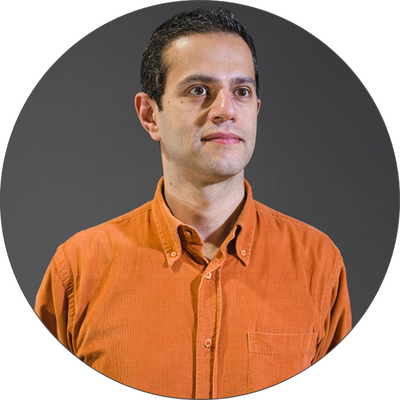
Prof. Alessandro Di Nuovo is Professor of Machine Intelligence at the Department of Computing, Sheffield Hallam University. He is the leader of AI, Robotics and Digital for the Advanced Well-being Research Institute. He is the funder and leader of the Smart Interactive Technologies (SIT) Research Laboratory, which has cutting-edge facilities and equipment for advanced machine learning and human-robot interaction experiments.
Prof. Di Nuovo is leading several collaborative research projects in fundamental and applied topics in AI and Robotics, funded by public (European Union, UKRI), private (IBM, NVIDIA) and charities (Sheffield Children Hospital Trust).
His research specialises in cognitive mechatronics and its application to health and wellbeing.
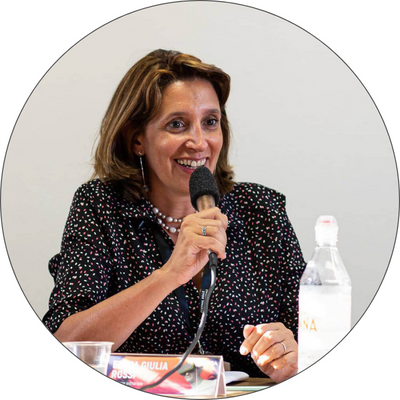
Elena Giulia Rossi lives and works in Rome where, amongst her activities, she continues to work on a study she began in the late nineties on contemporary art and its encounter with technology and science. The analysis of new forms of experimental and multidisciplinary works often coincided with that of numerous socio-anthropological nuances in contemporary culture. She is currently the editorial director of the online project Arshake.
Reinventing Technology (www.arshake.com) which she founded in 2013. She occasionally writes for catalogues, magazines and newspapers. Since 2013 she is a guest lecturer teaching Net Art and Theory of Multimedia Arts at the Academy of Fine Arts (Rome). She is the author of Archeonet (Lalli Editore, Siena 2003) and of Mind the Gap. La vita tra bioarte, arte ecologica e post internet (Postmedia.books, Milan 2020)
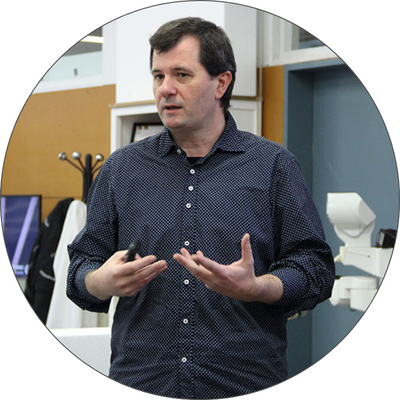
Guillem Alenyà is Researcher and Director at the Institut de Robotica i Informàtica Industrial (IRI), a joint centre of the Spanish Scientific Research Council (CSIC) and Polytechnic University of Catalonia (UPC). He received a PhD degree (Doctor Europeus) from UPC in 2007 with a work on mobile robot navigation using active contours, which he partly developed at the Robosoft company in France, where he was supported by a EU-FP6 Marie-Curie scholarship. He has been visitor at KIT-Karlsruhe (2007), INRIA-Grenoble (2008) and BRL-Bristol(2016). He has participated in numerous scientific and technological transfer projects involving image understanding, next-best-view, rule learning from human examples and planing execution tasks. His current research is devoted to facilitate the introduction of robots in human environments, principally in the fields of assistive robotics and garment manipulation. He is coordinator of various projects on developing enabling technologies for assistive robotics: ROB-IN about personalization and explainability, CLOE-GRAPH about high-level representation of tasks and explainability (coIP J. Borras), and principal investigator in the SeCuRoPS project, about privacy and safety in HRI, and BURG, about benchmarking and repeteability. He has been coordinator of the SIMBIOTS project on cooperative robots and HuMoUR (on human-to-robot skills transfer, co-IP F. Moreno), and principal investigator of the SOCRATES project (on quality of interaction for social robots).
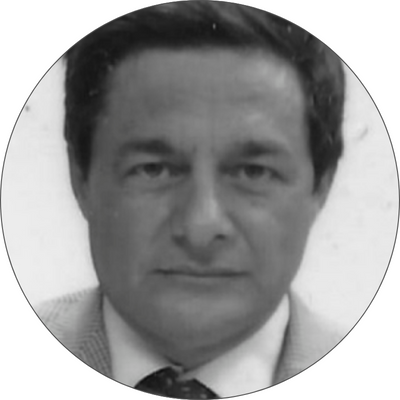
N. Alberto Borghese (Member, IEEE) received the master’s degree (cum laude) in electrical engineering from the Politecnico di Milano, Milan, Italy, in 1986.,He was tenured as a Researcher with the Institute of Neuroscience and Bioimages of CNR, Milan, in 1987, and moved to the Department of Computer Science, Università degli Studi di Milano, Milan, in 2001, where he is currently a Full Professor and the Head of the Applied Intelligent Systems Laboratory. His research activity is based on designing, developing and testing on real-problems, methods and algorithms, based on computational intelligence, with particular attention to limited processing time. In particular, he has developed a novel methodology and technology in the fields of motion capture, unobtrusive tracking, and sensors integration. He has also been working on developing robust, multiscale, adaptive models for predictive regression and clustering to extract data features. More recently, he has been applied this expertise to the design and realization of platforms for e-Health and e-Welfare, combining Exer-games, AI, service robots, virtual communities, and the Internet of Things (IoT). He has coauthored more than 80 peer-reviewed journal articles and more than 100 conference reviewed articles (H-index = 36), and holds 16 international patents. His research has been financed significantly by the industry as well as by national and European grants. In particular, he has been the Partner of the projects Robocare from 2001 to 2004 and SI_Robotics from 2019 to 2022 financed by National Research Ministry; a Coordinator of the European projects: FITREHAB (InterReg IVC), from 2009 to 2011, REWIRE (FP7), from 2011 to 2015, and MOVECARE (H2020), from 2017 to 2019; and the Partner of the project ESSENCE (H2020), from 2020 to 2022.
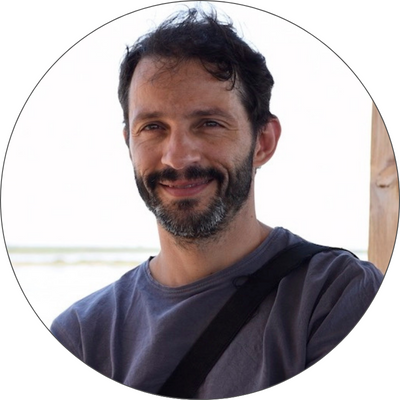
Lecturer in the Department of Humanities at the Universitat Pompeu Fabra, where he teaches Art Theory, Contemporary Art and Image Theory. He teaches on the MECLAP (Master’s Degree in Comparative Studies in Literature, Art and Thought, UPF) and on the MURAD (University Master’s Degree in Research in Art and Design, EINA-UAB). He is currently researching the problem of time in contemporary art and visual culture, a subject on which she has published numerous articles, chapters and the book “Espectros del tiempo. Estética e historicidad en el arte contemporáneo” (Editorial Gedisa). He complements his academic career as an art critic in contemporary art magazines and a committed disseminator of philosophy and aesthetics.
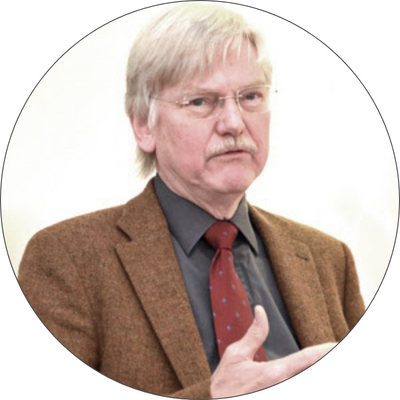
Dr. Uwe Haass started Roboconsult® in 2016 as an independent professional after working for 35 years in the fields of management in the domains of robotics, pattern recognition, and AI.
His previous roles include:
- 1980: Fraunhofer Institute IITB – Researcher; Project Manager (1983)
- 1985: European Commission – Project Officer in the ESPRIT programme
- 1990: Bavarian Research Center of Knowledge-based Systems (FORWISS) – General Manager
- 1997: FWU, Germany’s largest producer of pedagogical media – Director
- 2007: General Manager of the Munich-based Cluster of Excellence “CoTeSys – Cognition for Technical (Robotic) Systems”
From 2013 to January 2016, Dr. Haass served as Secretary-General of the newly established, Brussels-based European robotics association euRobotics AISBL, the contractual partner of the European Commission in the European robotics programme SPARC.
Since his retirement from salaried employment on 1 February 2016, he has been working as an independent consultant. He has won contracts from public institutions such as the European Commission, the German Ministry of Economic Affairs, universities, as well as from private corporations.
